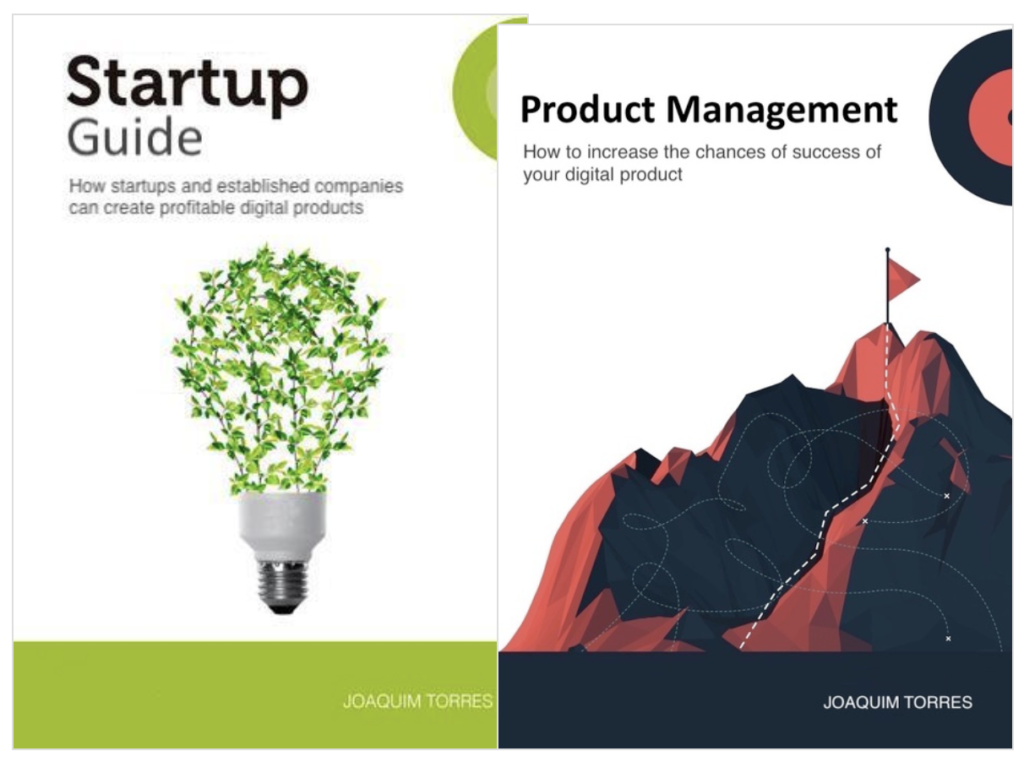Conclusion
6 de April, 2021Focus on the problem
20 de May, 2021Mentoring is one of the most important responsibilities of a head of product: helping your team to evolve. As I said earlier, between 10% to 40% of the head of product’s time should be focused on helping people on your team on their development.
People who know me know that I like clearly defined terms, so here’s Wikipedia’s definition of mentoring:
“Mentoring is a process of informal transmission of knowledge, social capital, and psychosocial support perceived by the recipient as relevant to work, career or professional development; mentoring involves informal communication, usually face to face and over a period, between a person who is perceived as having more knowledge, wisdom or relevant experience (the mentor) and a person who is perceived as having less (the mentee) “.
From this definition, the unidirectional nature of mentoring is clear, that is, knowledge flows from the “mentor” person to the “mentee”.
I received and gave guidance throughout my career. Even when I was a student, I gave and received guidance. I think someone has received guidance since she was born. Since the beginning of my career, I have had the opportunity to give guidance to the people I lead and, more recently, I have been invited to guide entrepreneurs and product managers to help them in the next stages of their ventures and careers. I am very happy to know that I can help someone by sharing my experience.
A two-way street
However, my experience as a mentor has shown me that Wikipedia’s definition is incomplete. Wikipedia defines mentoring as the transmission of knowledge. My understanding is that mentoring is more than a transmission of knowledge. It is an exchange of knowledge. Even considering that one of the people involved in the mentoring process is more experienced in a certain aspect, topic, or area, the other person may have experience and knowledge in another aspect, topic, or area that can bring new insights. Or the other person can use her novelty in the topic she is being mentored to bring a new perspective that the mentor has missed.
Therefore, the next time you are in a mentoring situation, especially if you are in a mentor position, think of it as an exchange of knowledge, social capital, and relevant, useful, and valuable psychosocial support for both the mentee and the mentor. I have a feeling that you will enjoy your next mentoring session even more.
Summing up
- Mentoring is one of the most important roles for a product head. It is through mentoring that a head of product helps his team to develop.
- Mentoring is a two-way street. The person in the role of mentor should be open to new learning from his mentoring sessions with his mentor.
In the next chapter, we will understand a little more about culture, what values ​​are essential for a company to have successful products, and the role of the head of product in creating and maintaining the company’s culture.
Missing something?
So, did you miss something in this chapter? What else would you like me to cover?
Digital Product Management Books
Do you work with digital products? Do you want to know more about how to manage a digital product to increase its chances of success? While you wait for my new book, check out my Digital Product Management bundle with my 2 books where I share what I learned during my almost 30 years of experience in creating and managing digital products.

